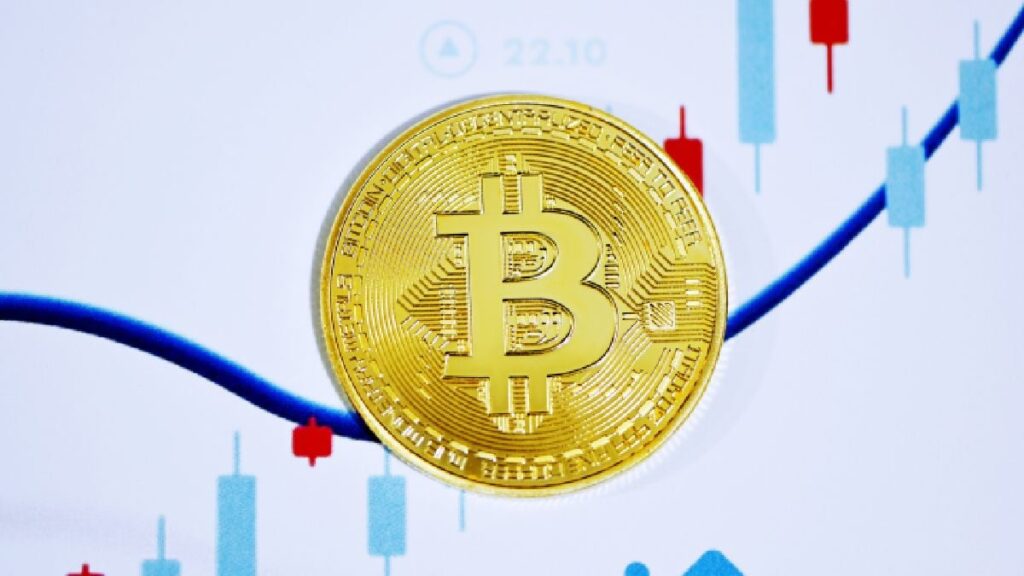Argentine officials are in dialogue with their El Salvadoran counterparts to gain a deeper understanding of Bitcoin adoption strategies and experiences. Last week, senior leadership from Argentina’s National Securities Commission (CNV) met with El Salvador’s National Commission for Digital Assets (CNAD) to assess the impact of Bitcoin adoption on the economy over the past few years. El Salvador became the first country in the world to adopt Bitcoin as legal tender alongside the US dollar in September 2021.
Argentina could be planning to capitalize on the rising value of Bitcoin
As part of a meeting with CNAD’s Juan Reyes, Argentina’s Roberto Silva and Patricia Boedo noted that the crypto ecosystem has seen a global expansion over the past few years. At the meeting, officials from both countries exchanged ideas and concepts regarding the use of Bitcoin, the most widely used cryptocurrency in the world.
“El Salvador has emerged as one of the leading countries in the use of Bitcoin. We want to strengthen ties with the Republic of El Salvador and therefore we will explore the possibility of signing a cooperation agreement with them,” Silva, president of Argentina’s National Securities Commission, said in a statement.
With a gross domestic product (GDP) of approximately US$640 billion, Argentina is one of the largest economies in Latin America, according to the World Bank. However, a recent Reuters report stated that in March of this year, Argentina’s economy recorded a year-on-year decline of 8.4 percent.
From consumer spending to sales numbers, several parameters of Argentina’s economy are reported to be straining under market pressure. Additionally, Argentina is also burdened with debt and reportedly owes $45 million (roughly 370 million rupees) to the International Monetary Fund.
This economic instability, along with the reliance on the US dollar, which has seen ups and downs in recent months due to interest rate hikes, could be some of the reasons why the country is now turning to Bitcoin.
“It seems to me crucial to continue to strengthen ties with the Republic, which is a pioneer in this topic and has a lot of experience in this topic,” said Patricia Boedo, Vice President of Argentina’s CNV.
Argentina previously signed an agreement with the International Monetary Fund (IMF) agreeing to discourage the use of cryptocurrencies to prevent money laundering and informality. This deal, which was finalized in March 2022, was extended to Argentina by the IMF after the debt-ridden country requested a restructuring of its debt repayment plan.
El Salvador’s experience with Bitcoin
Under President Nayib Bukele, El Salvador claims to have made significant progress in the Bitcoin ecosystem. From harnessing renewable energy sources to boost Bitcoin mining to approving the Bitcoin Bond Law, El Salvador has stood by its commitment to using BTC as a payment and financial tool.
In April 2023, El Salvador reportedly saw a 17.8 percent drop in BTC-based remittances. As of May 14, the Salvadoran treasury reportedly held 5,748 BTC tokens worth over $393 million (approximately 3,272 million rupees).
In April this year, the IMF ordered El Salvador to change its Bitcoin policy in order to receive the $1.4 billion (roughly 11,645 crore rupees) worth of aid it needs to speed up payments on public debt and other financial obligations. El Salvador has not publicly addressed the issue, but continues to support cryptocurrency.


